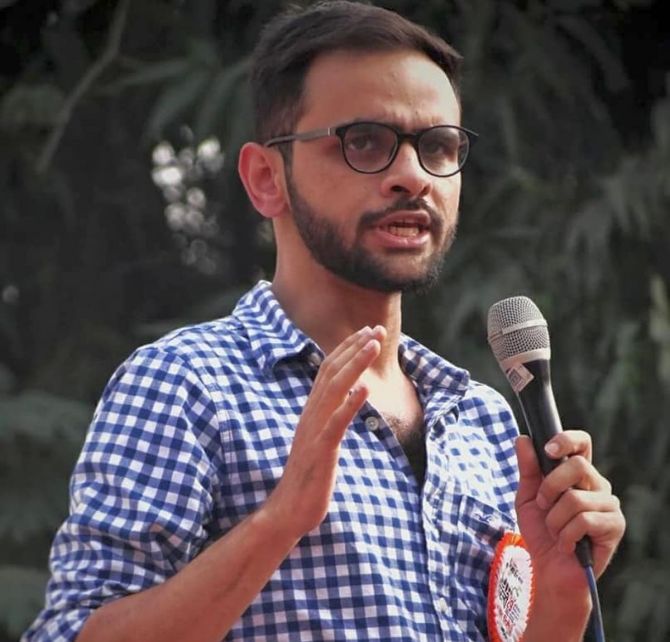– Zaina Aman
New Delhi, Feb. 14: Umar Khalid, a student activist and Jawaharlal Nehru University (JNU) scholar detained since September 14, 2020, has been held in jail without any significant bail proceedings. In addition to UAPA, he faces charges of sedition and 18 other sections of IPC, which include accusations of murder and attempted murder.
On Wednesday, Khalid opted to withdraw his bail petition from the Supreme Court regarding his involvement in the broader conspiracy case related to the Delhi riots. Represented by his lawyer Kapil Sibal, Khalid expressed his intention to pursue bail proceedings in a lower court, citing a “change in circumstances.” Sibal informed the court, stating, “We wish to withdraw the bail matter. There has been a shift in circumstances, and we will seek bail in the trial court.”
Khalid’s bail request in the highest court has been postponed 14 times. Initially brought before the Supreme Court on May 18 last year, the hearings have been delayed on multiple occasions.
In 2020, Khalid was arrested under the draconian UAPA in relation to a case linked to the communal violence in North-East Delhi. During the hearing of his SLP challenging the Delhi High Court’s denial of bail in October 2022, Khalid made this statement. The high court bench, comprising Justices Sidharth Mridul and Rajnesh Bhatnagar, rejected his bail application, asserting that the prosecution’s case and the chargesheet establish a prima facie case against Khalid for criminal conspiracy under the UAPA. Sibal informed the court that he would argue a separate writ petition challenging the constitutionality of certain provisions of UAPA.
The international and national scrutiny surrounding the Delhi Police investigation into Khalid and other Muslim activists has intensified, with numerous bodies, including the UN, denouncing it as “bogus” and an endeavor to stifle dissent. This condemnation reflects growing concerns about the erosion of civil liberties and the targeting of minority voices in India.




